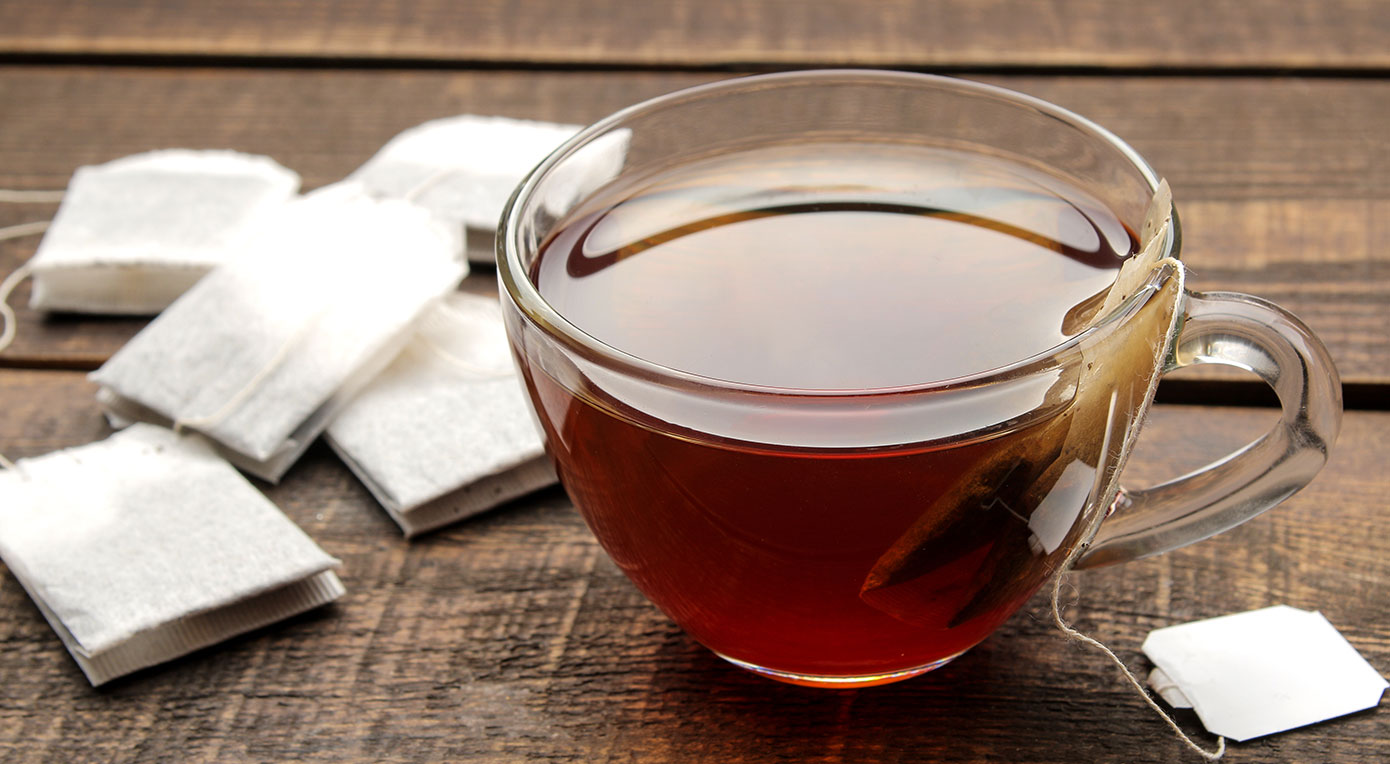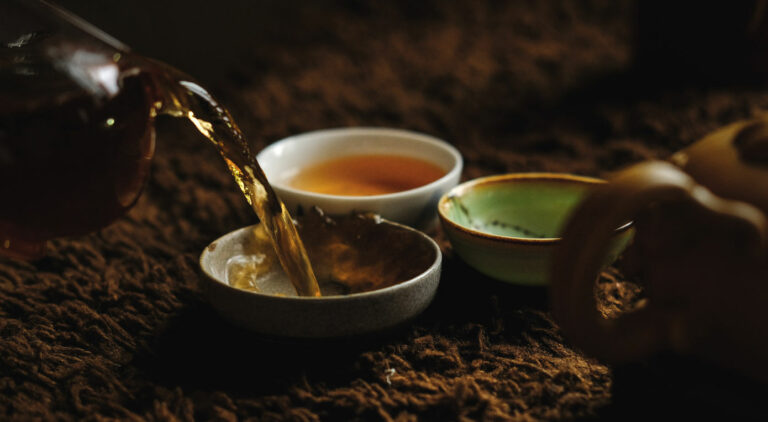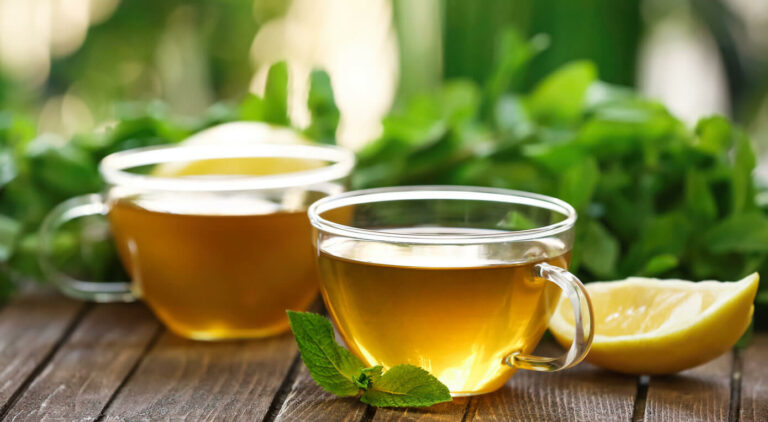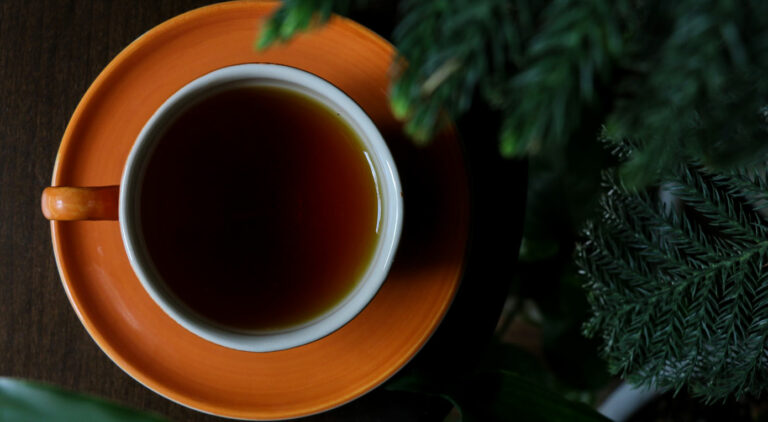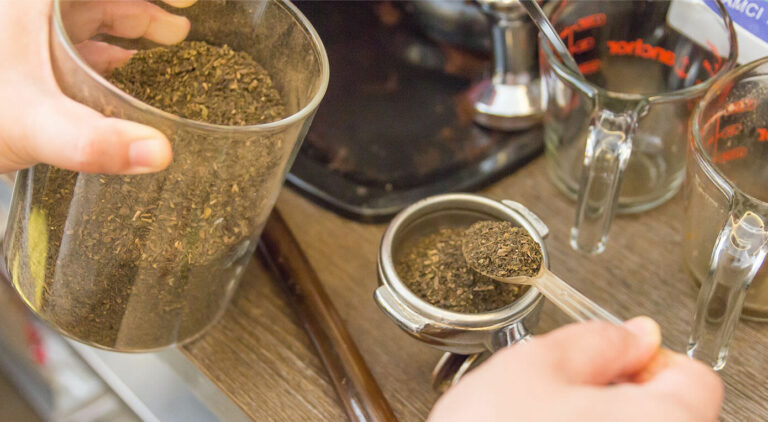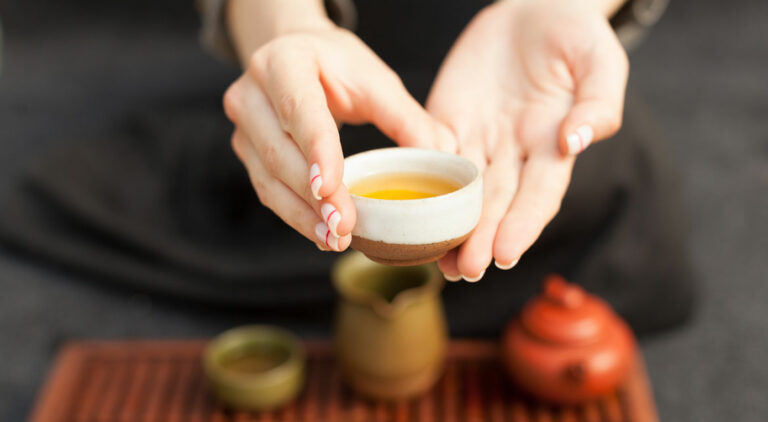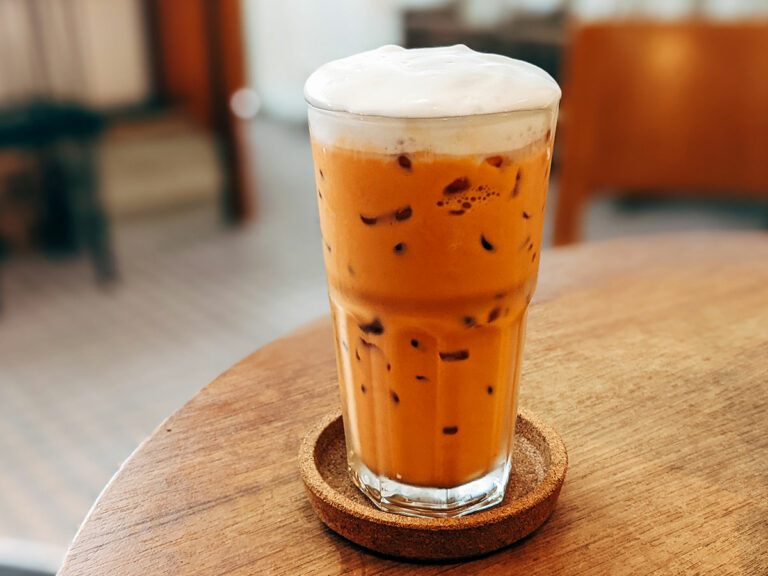Can I Oversteep Tea? Discover Unknown Health Effects
Tea is the world’s second most-consumed drink after water and carries with it a tremendous number of purported health benefits. For example, did you know that green tea has been proven to stop the growth of cancer cells [1]https://www.sciencedirect.com/science/article/abs/pii/S0027510797003102?
Previous studies have shown that true teas brewed from the leaves of the Camellia Sinensis plant have also been proven to lower cholesterol, increase metabolic rate, reduce the risk of heart disease, and much more. Many even preach that steeping your teas correctly can lead to better health. Does your tea brewing method or how your tea steeps really matter?
There are a lot of ‘myths’ out there about steeping tea. Can I oversteep tea? Could it poison you? Is oversteeping better than under steeping? For example, could you dunk your tea bag in hot water for an hour if you wanted? This blog answers these questions to help you brew your best cup of tea.
What is Steeping Tea?
Tea steeping is a chemical reaction between the tea leaves and water at a certain temperature. It is the process of extracting the flavor and nutritional compounds from the leaves of tea plants.
Tea steeping (also known as tea brewing) is the process of soaking tea leaves in water to extract their flavor, color, and health benefits. The steeping process releases the complex essential oils that are present in the tea leaves. The result is a tea liquor (the liquid resulting from steeping tea leaves) with a specific flavor and color. The flavor of the resulting brewed tea depends on the type, quality, and quantity of leaf used, as well as the temperature, duration, and quantity of water used to steep it.
Tannins (tannic acid), catechins, and caffeine (in true teas) are chemicals found in plants, including tea leaves, and they give a bitter flavor to the tea. When you make a cup of tea, these phenolic compounds are released from the leaves into the water as soon as it’s poured onto them. As time passes, more of these compounds are released until eventually all of them have been extracted from the leaves. Typically this occurs after about five minutes of steeping time.
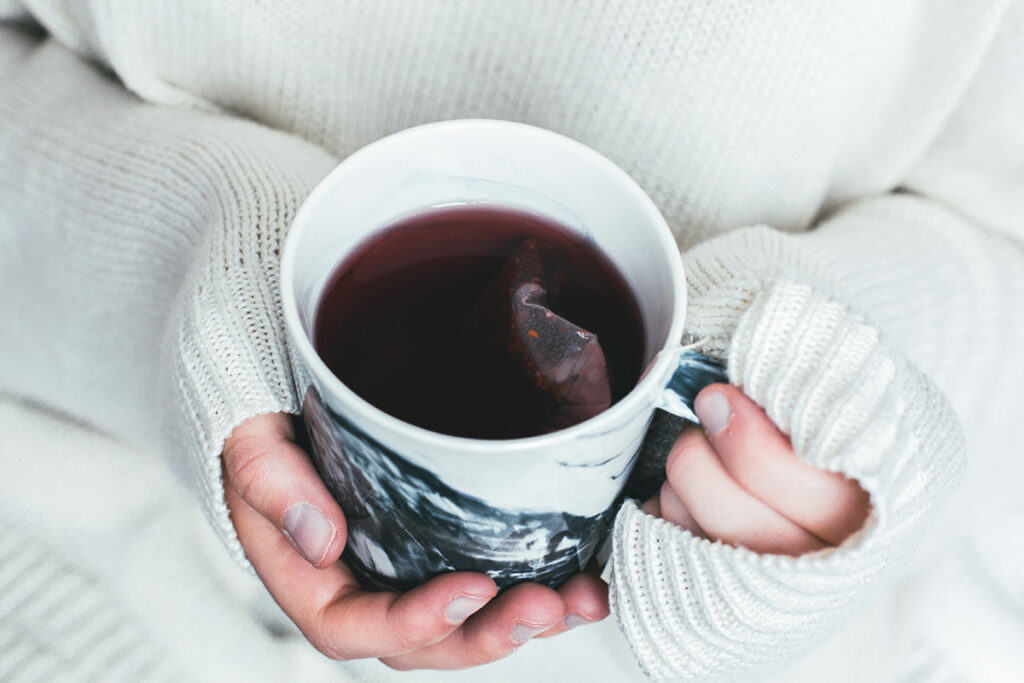
How to Steep Tea
The first step in making a cup of tea is to select a high-quality loose leaf tea. You can choose any one of your favorite teas. It is important to use fresh ingredients so that you get the best results possible. The second step is to follow the guidelines for steeping time and temperature for your chosen type of tea.
Steeping is really just what happens when your hot water hits the tea leaves and infuses them with flavor. The more quickly those flavors are released, the more fragrant and delicious your teacup will be.
The best practice to steep your tea is to carefully measure out how many grams of tea leaves you need based on how much water you’re making (usually 8-12 oz). Then, let the hot water sit in an electric kettle for a few minutes before you pour it over your leaves. This will help prevent them from getting too hot too quickly. On average, it takes just under two minutes for the flavor molecules in most teas to release into the water.
What is Oversteeping Tea?
When it comes to oversteeping, temperature matters with different teas. It depends if you are using hot or cold water to brew your tea, how long are you steeping it and how many times you are steeping your tea.
Oversteeping tea is the process of steeping tea for too long. It is a common mistake to make when steeping tea. One reason is most of us would want to get the most out of the tea leaves or tea bags that we have. Knowing that understeeping will result in weak and flat-tasting tea, we tend to extend the steeping time thinking it can extract its best flavor and make a strong cup of tea. The other reason could be out of accident because we simply forget to take out the tea leaves from the cup.
Oversteeping tea can the tea to have a bitter taste. The bitterness may be overwhelming or mild depending on your taste preferences.
Once you oversteep your tea, you may wish to add other flavors like milk or honey. Or you may wish to throw it out and start over with fresh water and leaves. If you brew your second batch of tea in the same water, it may come out bitter as well due to the residual tannins from the first brew.
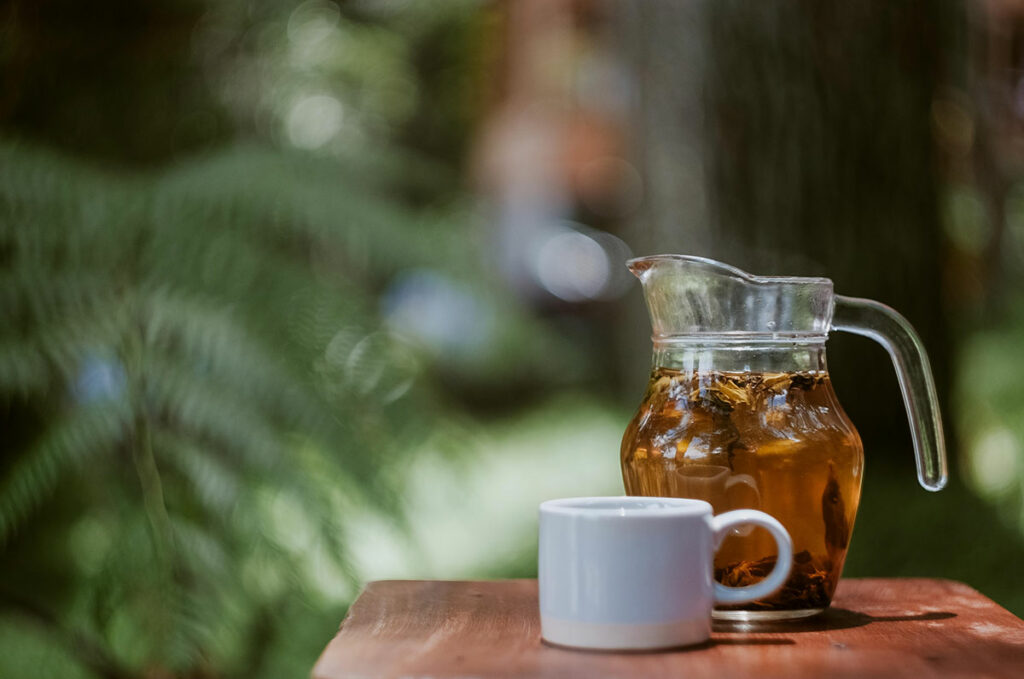
How Long Should I Steep Tea?
Tea is a complex, nuanced product that many people struggle to master. It’s not just about the time you steep your tea, but what type of tea it is, and how much you steep.
There are many different types of tea, and you must use a different steeping time for each one.
Let’s assume you’d like to make a cup of hot tea versus iced tea. Here are recommended steeping times for some true teas.
Green tea takes between 2 to 3 minutes to brew correctly. Green tea has less caffeine than black tea. But if you steep green tea leaves for too long, it can get bitter and unpleasant to drink.
Black tea should be steeped for 3-5 minutes. Again, if you steep black tea for too long, it can get bitter and taste bad.
Oolong tea should be steeped for 3-6 minutes depending on the variety. Again, no one likes an oversteeped cup of tea!
White tea should be steeped for 1-2 minutes or less. You guessed it: oversteeping results in a bitter cup of white tea!
As far as water temperature goes, white and green teas should be steeped in 180 degrees Fahrenheit water, black and oolong teas should be steeped in boiling water, and herbal teas should be steeped in 212 degrees Fahrenheit water. These different temperatures allow for optimal flavor extraction from each type of tea leaf at normal steeping duration. You will get different results if you oversteep tea at this temperature.
So how do you know when your cup of tea is just right? Remember: it depends on the kind of tea you’re using. Generally speaking, most teas taste best when they have been steeped for 30 seconds to four minutes (except white tea).
Can I Oversteep Tea?
When it comes to making tea, it is important to know the science behind steeping and how long you should steep your tea leaves. No one likes a bitter cup of tea. However, when you steep your leaves, there is a point where the water doesn’t absorb any more flavor, and the water begins to extract tannins from the leaves.
When steeping tea over a period of time, these compounds are released and dissolve into the water until an equilibrium level is reached. This means that after a certain amount of time at high heat, no more compounds will be able to enter the water because they’re already there—so additional steepings won’t increase flavor or potency unless you increase your amount of tea leaves. In fact, it can cause your tea to taste stale, depending on the temperature of the water during steeping time.
As soon as you begin to see a slightly yellowish-brown tint in your water, this is your indicator that you have hit this point and need to remove the leaves from the water. This usually takes 2-3 minutes for black teas and 3-5 minutes for white or green teas. If you’re using herbal teas, first be sure that it is truly an herbal tea and not just a flavored black or green tea with herbs added in. If it is truly an herbal tea, then it should be steeped 5-15 minutes depending on how strong of flavor you like.
Once you go beyond the recommended steeping time, you have oversteeped your tea.
It’s easy to exceed the recommended time of steeping tea and everyone would have this experience with tea at some point in their lives. While this has no immediate dramatic effect (and some people actually like bitter tea), it may make the beverage unpleasant to drink, depending on your taste.
The side effects of over-steeping are very much dose-dependent. If you only let it sit for a minute or two longer than usual, you probably won’t notice any difference. If you do let it steep for too long, you might experience mild stomach discomfort, or even feel like throwing up!
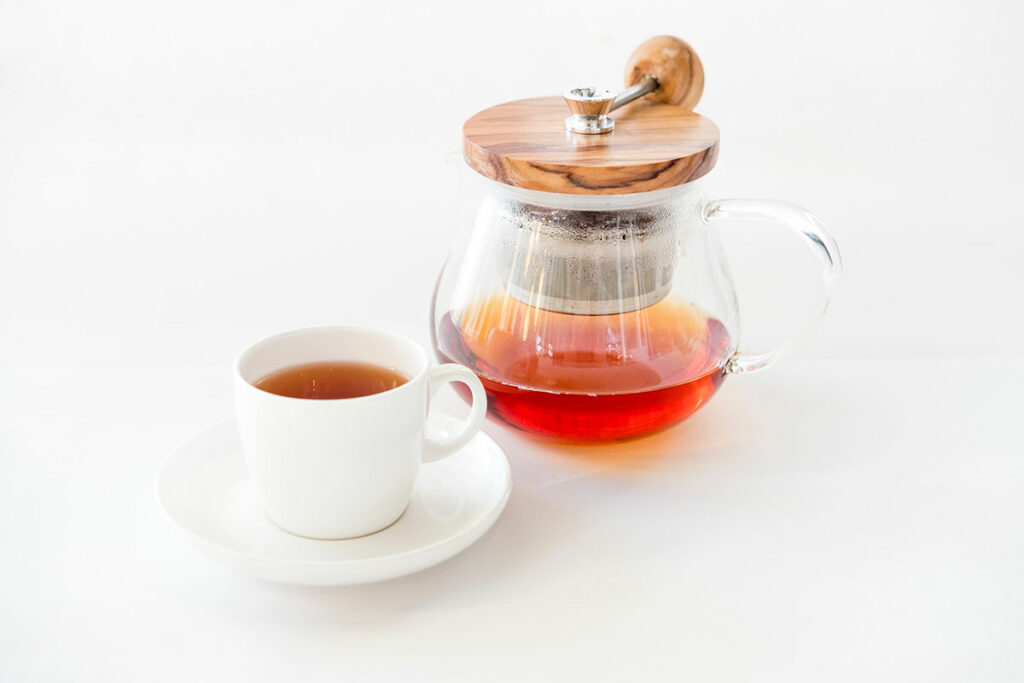
Health Effects of Drinking Oversteeped Tea
The health benefits of tea are well documented. Tea is a healthful drink, loaded with antioxidants and other nutrients that help you stay healthy. But if you drink oversteeped tea for a long time, would it be beneficial or harmful to your health?
A study was published in a 2007 issue of the Journal of Chromatography on different steeping methods. It was found that you can oversteep tea so long the temperature of the water is not too high with a longer steep time. According to the research, produces more nutrients or provides more health benefits to tea drinkers at the right temperature.
Brewing your tea longer at 158 Fahrenheit (70 degrees Celsius) can help to bring out the most nutrients from your tea without it being too bitter. However, with water at higher temperatures, between 185 Fahrenheit (85 degrees Celsius) to the boiling point of water, oversteeping causes a decrease in the nutrients with a more bitter tea flavor [2]https://pubmed.ncbi.nlm.nih.gov/17161409/.
It’s a good thing to know that oversteeping tea can benefit your health. But if there are more nutrients imparted into the tea, it also means that caffeine content goes up with hotter water and a longer steeping duration. Caffeine may boost your mental alertness, mental and physical performance, but it should be best taken at low doses (https://pubmed.ncbi.nlm.nih.gov/3114783/).
Consumption of too much caffeine content within a short time may cause your heart rate to go up too fast. This results in anxiety, heart palpitations, or other negative side effects that our body cannot tolerate [3]https://pubmed.ncbi.nlm.nih.gov/19219847/.
In this case, it’s best not to oversteep your tea for too long. A few minutes longer than the recommended timing may provide some nutrients, and keeping at that can help you stay away from caffeine overdose.
Is Cold Brew Tea Healthy?
Cold brew tea is essentially steeping tea for at least 6 to 8 hours in a refrigerator. You can’t oversteep tea more than that. The good thing about cold brew is that you can get more anti-oxidants out of a cold brew tea than a hot brew. This applies to all true teas that come from the Camellia sinensis plant.
A study was done by the Journal of Food Science and Technology. It was found that the long steeping time of green tea leaves, black tea leaves, and oolong tea leaves in cold water brings better health benefits than if infused in hot water with the same steeping time.[4]https://doi.org/10.1007/s13197-015-1971-4
Brew a Balanced Cup of Tea
Learning to make the perfect cup of tea is a fine art, best achieved with a bit of trial and error. In order to make a perfectly balanced cup of tea, the general rule of thumb is to steep the highest quality leaves you can get in the water at the right temperature for the right amount of time. Steeping time depends on the type of tea you are brewing, but don’t be afraid to experiment. Steep your tea in the right way according to the ideal time as recommended with the right temperature and your tea won’t go wrong.
The perfect brewing time is a very personal choice based on the type of tea, your taste preferences, and even the temperature of your water. When in doubt, short steeps are almost always better than long ones. But if you oversteep your tea by accident, so long it’s done below water temperature of 185 Fahrenheit (85 degrees Celsius), you’ve got nothing to worry about. Stop the steeping at that point and drink for better health. You’ve got good nutrition in your cuppa.
